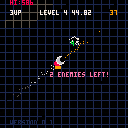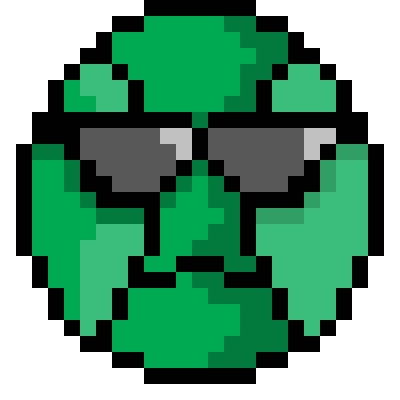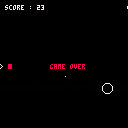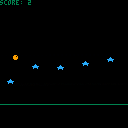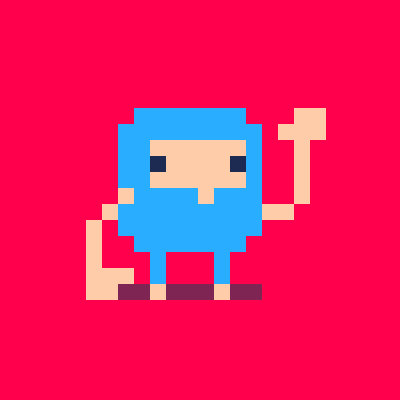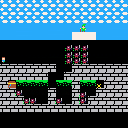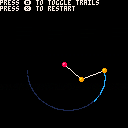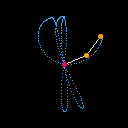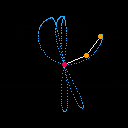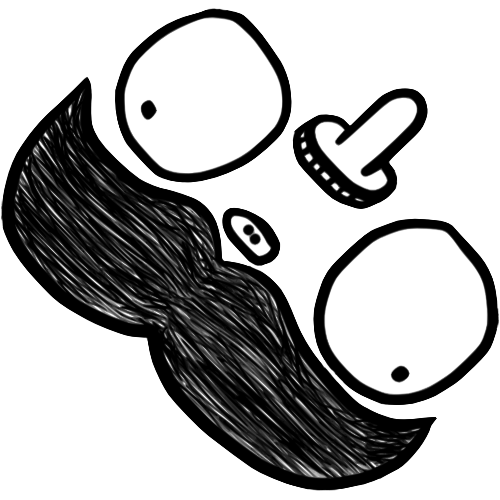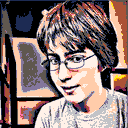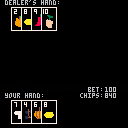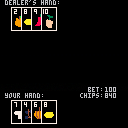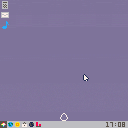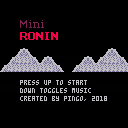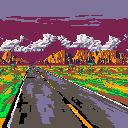Has anyone beena ble to run PicoPi on a RaspberryPi Zero?
https://guillermoamaral.com/read/picopi/
It says to copy everything to a card and boot, but I got mine stuck on a black screen, nothing happens.
I want to make a standalone device booting straight to pico8 and this seems like the only option.
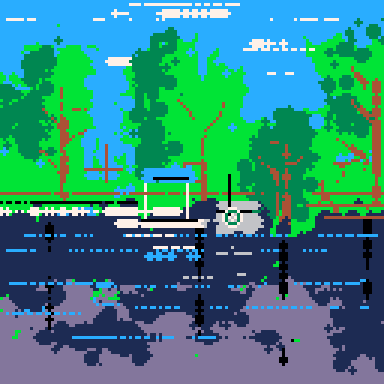

I'm having an issue saving a .p8.png of my game, to upload here.
I boot up Pico-8 on OSX, load my cart, and then run "save cartname.p8.png". That will give me a warning about not having a label, but will otherwise work fine. But when I run the cart, save a label with f7, and then try again to save, it fails silently, with no output. No new cart file, nothing printed out to the console. "save @clip" doesn't work either.
Any suggestions?


I bought PICO-8 for an Ubuntu 16.04 machine, and a Raspberry Pi, and it's simply a pain in the ass to install because the official app download comes in a .zip file with zero documentation on how to install. There's no install script in the contents of the unzipped files, and there's little to find online that helps. This installer didn't work for me: https://rombus.itch.io/pico-8-linux-installer/devlog/15013/pico-8-linux-installer-script
PICO-8 is a commercial product, please treat it as such, and have the download in a proper .deb file or anything more helpful than a .zip

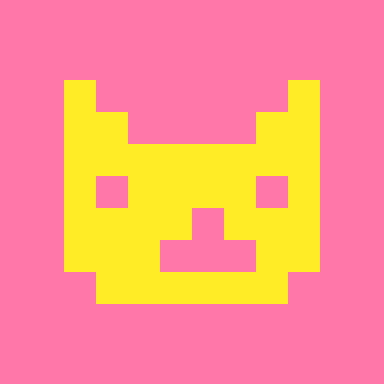




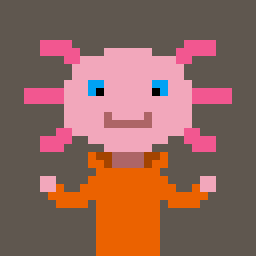


It seems I'm using these a lot, so here they are:
-----------------
-- table as string
-----------------
function tab2str(t)
local s="("
for i,v in pairs(t) do
if type(i)=="number" then
s=s.."["..i.."]="
else
s=s..i..'='
end
if type(v)=="boolean" then
s=s..(v and "true" or "false")
elseif type(v)=="table" then
s=s..tab2str(v)
else
s=s..v
end
s=s..','
end
s=sub(s,1,#s-1)--remove last comma
return s..')'
end
----------
-- example
----------
l={1,2,4,5,s=5}
print(tab2str(l))
|
----------------
-- clone a table
----------------
function clone(t)
local c={}
for i,v in pairs(t) do
c[i]=type(v)=="table" and clone(v) or v
end
return c
end
|
---------------------------------------------------
-- sort a table (insertion sort)
-- cmp(a,b) should return true when a,b are ordered
---------------------------------------------------
function insort(t,cmp)
for n=2,#t do
local i=n
while i>1 and not cmp(t[i-1],t[i]) do
t[i],t[i-1]=t[i-1],t[i]
i-=1
end
end
end
----------
-- example
----------
function ascending_y(a,b)
return a.y<=b.y
end
t={}
for i=1,5 do
add(t,{i=i,y=rnd(10)})
print(i..': '..t[i].i..' '..t[i].y)
end
print("----")
insort(t,ascending_y)
for i=1,#t do
print(i..': '..t[i].i..' '..t[i].y)
end
|



Hey all,
I'm trying to upload a cart to itch.io. I've exported the cartridge to html, renamed the file to index.html, and zipped the html with the javascript file. When it starts on itch.io, it displays "booting cartridge" and the command prompt, but the game does not start. (If you need to see what I'm tryna describe... https://meganshaffer.itch.io/sneezr)
How do I make it so the game starts? Is there something I need to change with the html or js files?






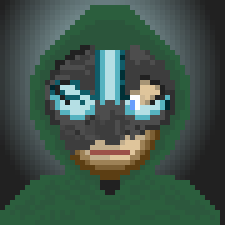
This small Pico-8 tweetcart280 (278 chars in code editor without comments) is my homage/demake of Spike Dislike by Jayenkai. You can find the original one and lots of other games he has made here: agameaweek.com
Have fun!


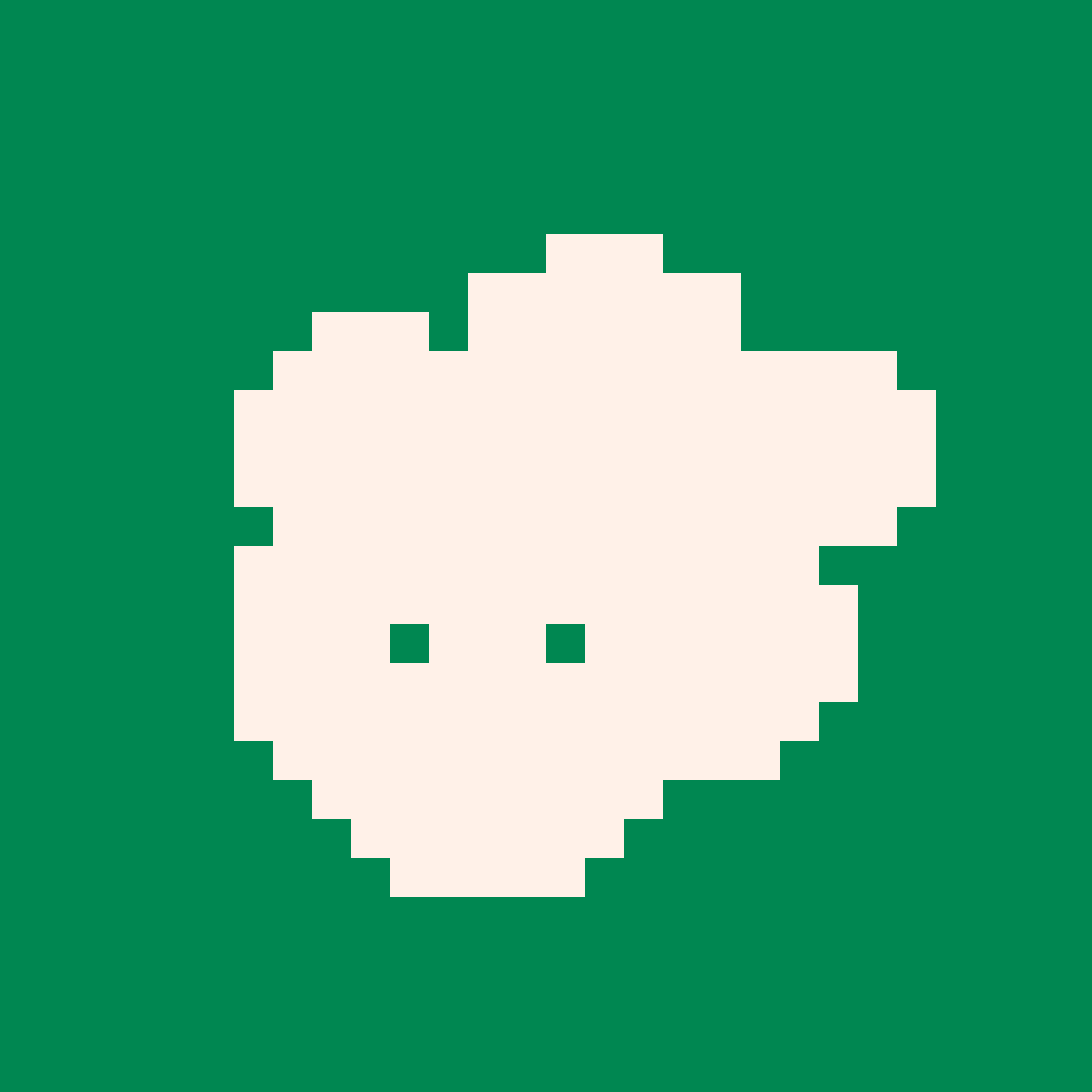
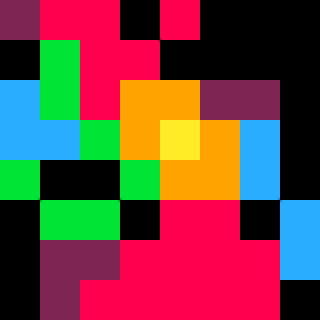
An implementation of Rocket, from the Pairs Companion. The full rules are in the Pairs Companion, which you can download from Cheapass Games, but short version: there's 1 1, 2 2s, 3 3s, and so on through 10 10s in the deck. Don't get a pair.
The implementation actually works - up and down to change your bet, (X) to confirm, then (X) to hit or (O) to fold. There's some feedback now on what happened, but it's still pretty bare. I need to include actual in-game control notes, of course. And to make the art less hilariously awful. And maybe a nice card draw sound, hm.

ok so I think I get how people like pico 8 for its limitations. but will pico 8 ever support 4 players simultaneously?
this would be good for things like raspberry pi where 4 players can sit on a couch and play small 4 player games together.
what do you guys think?
I know older hardware only supported up to 2 players but I think this would be a good idea for the compactness of pico8.





Press X to switch to and from keyboard mode, where you control the cursor with the arrow keys and click with the Z key.
Some hints for if you get stuck:
-You can drag around everything on your desktop.
-Your virus can eat files and interact with the inside of some windows.
-Check your E-Chart to see your virus's status and progress.
-Good luck!
Made for the Virtual Pet Jam.
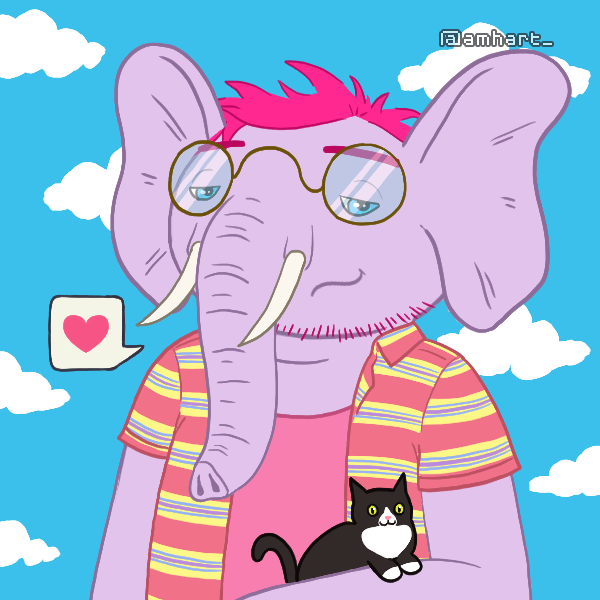
Hello everyone...
Got PICO-8 yesterday. I had never even heard about Lua. I'm not a coder (as everyone can see) :) but I thought the whole concept was interesting. I grew up with the 64 (though my first computer was a Laser 210), so obviously this is great fun.
Mini Ronin was a first stab at this, to see if I could even make anything that resembles a game.
Have fun! (And yes, the music can be turned off with the down key!) ;)
/ Pingo
Hello again!
Here's something I made this weekend - I recreated a pixel art image which was made by @Kldpxl:
https://twitter.com/Kldpxl/status/944196919643070464
I love his pixel art because it often has a really striking photographic look about it, so I tried to carry that effect over as much as I could.
Some features:
- It's 100% code: all sprites are generated at load time
- Textured ground plane with perspective distortion
- Value noise with multiple octaves (used for building all textures)
- Raymarcher for generating sprites with lighting:
- Four types of plants
- Background mountains
- Horizontally-tiling clouds
- 3D-positioned plant billboards
- 3D extrusion for low grass and road lines
I think it even runs at 60 fps!
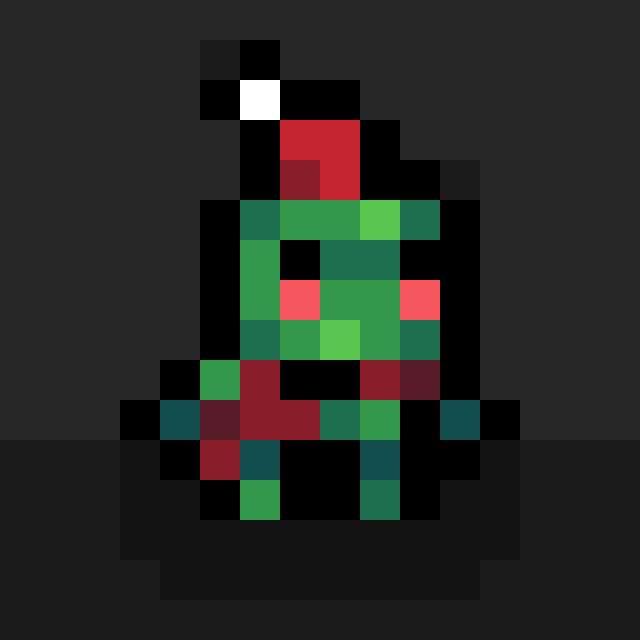
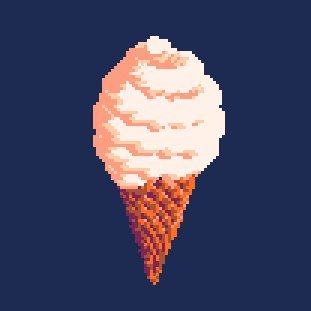

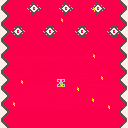
Once the game loads, press either of Player 1's action buttons to begin playing. When the game is in progress, Player 2 can join by pressing either of the P2 action buttons.
This game was made in collaboration with Qendrim Hoti for our art show Galaxy Champion FUN ZONE. That exhibition centered around using modified/hacked video games to insert personal migrant histories into a variety of virtual worlds. Space Kilim was an game created by Hoti and I to explore how 8-bit graphics have an uncanny aesthetic similarity to the motifs found in woven rugs.
A kilim is a hand woven rug found in Morocco, Turkey, and Albania. The motifs used in the game are from a number of textiles in Qendrim’s collection.
In the art show where this was used, the game was played via a ceiling mounted projector which projected the game down onto a white fur rug. This is mostly why the game has no "interface" and no score-keeping: a simple and direct visual presentation in the gallery made more sense.
While no code was copied, this game was heavily inspired by this: https://ztiromoritz.github.io/pico-8-shooter/. Also, for now, the music was borrowed from Star Fox 2.








 1 comment
1 comment

